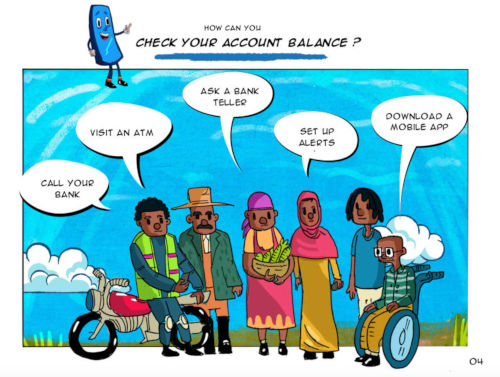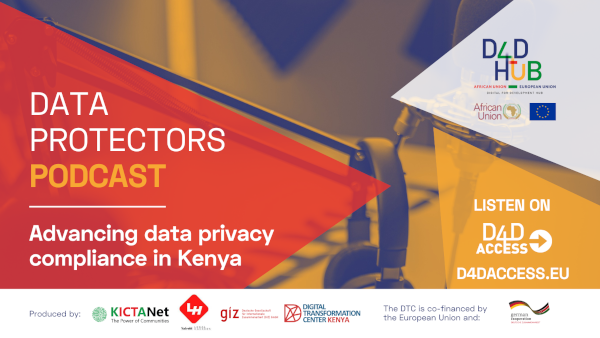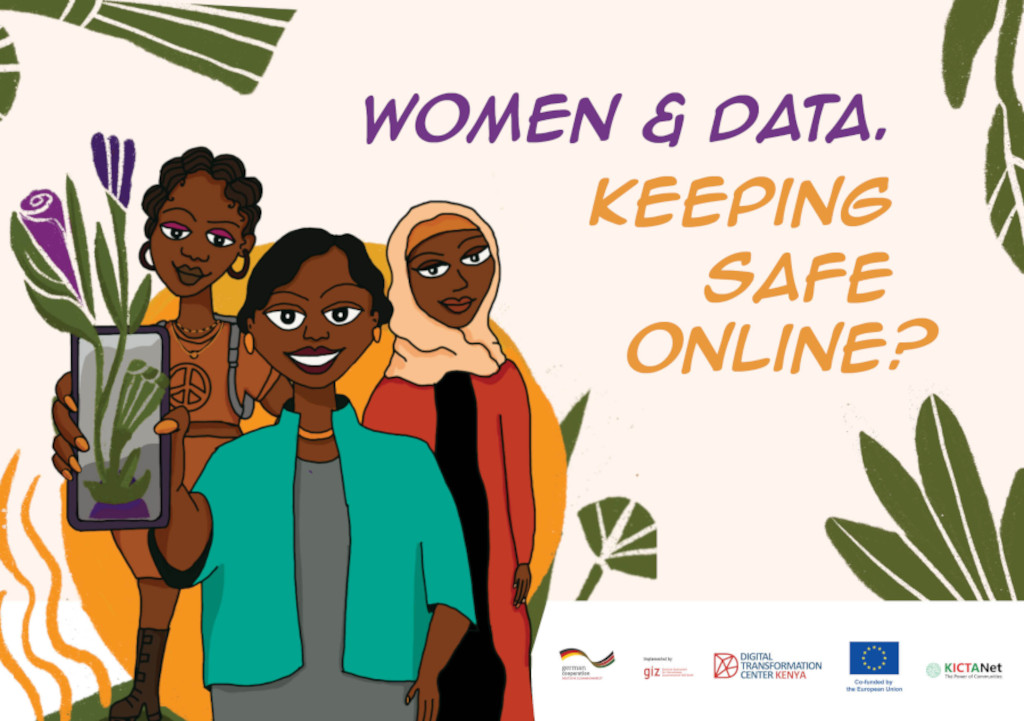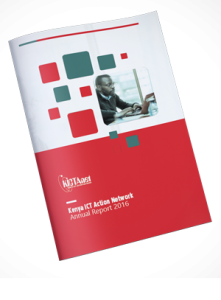KICTANET POST : Latest news, events & opportunities
Diversity in Telecoms Policy and Regulation Advocacy Spaces
By Josephine Miliza Women have historically been underrepresented in the telecommunications policy and regulation spaces, but there has been a recent push to increase diversity and representation in these fields. This underrepresentation can result from gender bias,...
The Future Of Work For Women Journalists and Social Communicators
By Neema Mujesia In journalism, technology has always been a transformative force. Major technological innovations, such as the production of mobile, immersive, and data stories, have restructured work processes and reshaped journalistic outputs. While technological...
Smart Devices and the Environment: Tips for Saving Energy
According to Deloitte estimates based on industry data, a smartphone generates an average of 8 kilograms of emissions from usage during its working life. Also, ninety-five per cent of this comes from the manufacturing processes, including the extraction of raw...
On World Hearing Day, AI Hear You
On March 3rd, the world celebrates World Hearing Day, an annual event to raise awareness and promote ear and hearing health. In Kenya, some hospitals and local governments provide free hearing screenings. This year's theme, "Hearing Care for All," highlights the need...
Digital Taxation – Is It a Double-Edged Sword?
By John Walubengo The rise of digital platforms has had profound implications for taxation policy and its implementation across many industries, especially the ICT industry. Traditionally, corporation taxes have been structured to be owed where the service is...
Universal Service Funds as a Financing Mechanism for Community Networks in Kenya
By Josephine Miliza In the COVID-19 era, community networks are increasingly important in meeting the rising demand for affordable connectivity. In Kenya, where community networks are growing in size and number, there was a positive regulatory change in 2021 with...
The Darkside of Artificial Intelligence
By John Walubengo Artificial Intelligence (AI) has been getting positive reviews since that AI-driven ChatGPT robot hit the headlines. But very rarely do we hear about the dark side of AI, which incidentally is equally important and should be grabbing the headlines in...
Digital Era: Dating for Persons with Disabilities
By Florence Awino and Judy Okite One of the best things to come out of the internet is the ability to connect with other people. We have never needed this connection more than during the COVID-19 pandemic lockdowns. Dating apps like Tinder reported their busiest...
Why You Should Contribute to Shaping the Global Digital Compact
The United Nations Our Common Agenda aims to strengthen and accelerate the implementation of multilateral agreements – particularly the 2030 Agenda – and make a tangible difference in people's lives. Digital technologies are a double-edged sword; on the one hand,...
KICTANet is a multi-stakeholder Think Tank for ICT policy and regulation. The Think Tank is a catalyst for reform in the Information and Communication Technology sector. Its work is guided by four pillars of Policy Advocacy, Capacity Building, Research, and Stakeholder Engagement.
KICTANet’s mission is to promote an enabling environment in the ICT sector that is robust, open, accessible, and rights-based through multistakeholder approaches.
During the 2022 – 2024 strategic period, KICTANet has prioritised the promotion of effective multistakeholder participation; an enabling legal, policy and regulatory environment; building capacities and empowered communities; and institutional strengthening. KICTANet’s guiding philosophy encourages synergies in ICT policy-related activities and initiatives. As such, the network provides mechanisms and a framework for continuing cooperation, engagement and collaboration in ICT matters among industry, technical community, academia, media, development partners, civil society and government.
_____
Strategic Priority.
- Convening power. To strengthen and promote engagement, collaboration and relationships with relevant stakeholders (state, business and non-state actors).
- Promoting an enabling environment. To catalyse policy, legislative and regulatory reforms in the ICT sector.
- Building capacities and empowered communities. To build the capacity of the stakeholders across government, business society and civil society and the citizens.
- Institutional strengthening.
The report outlines the work undertaken in between 2007 and 2016 which is underpinned by crowd sourcing and community engagement
Click here to download the report
FACTS AND FIGURES
Achievement of the Network over the Years
Publications
Thought Leadership Forums
Persons trained
Policy Interventions
Conversations in KICTANET listserv
Active listers contributing often
Different conversation threads
Impressions on ICT policy discussions
Our Pillars
KICTANet’s organisational strategy:
Policy Advocacy
Capacity building
Research
Stakeholder engagement
We facilitate stakeholder engagement through collaborative initiatives in face-to-face Town Hall meetings, and in the KICTANet?s interactive mailing list where multiple stakeholders engage regularly on ICT policy issues.


















